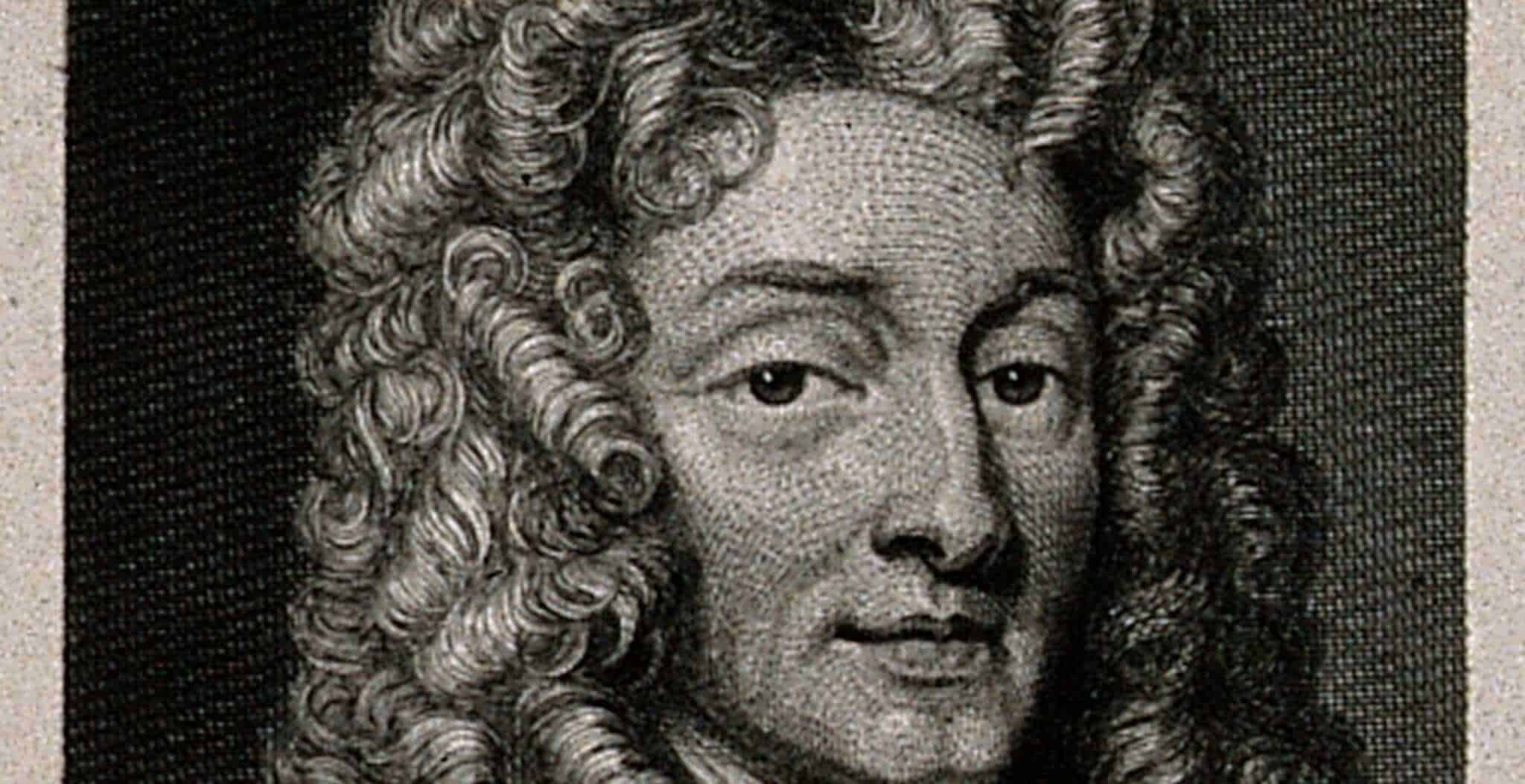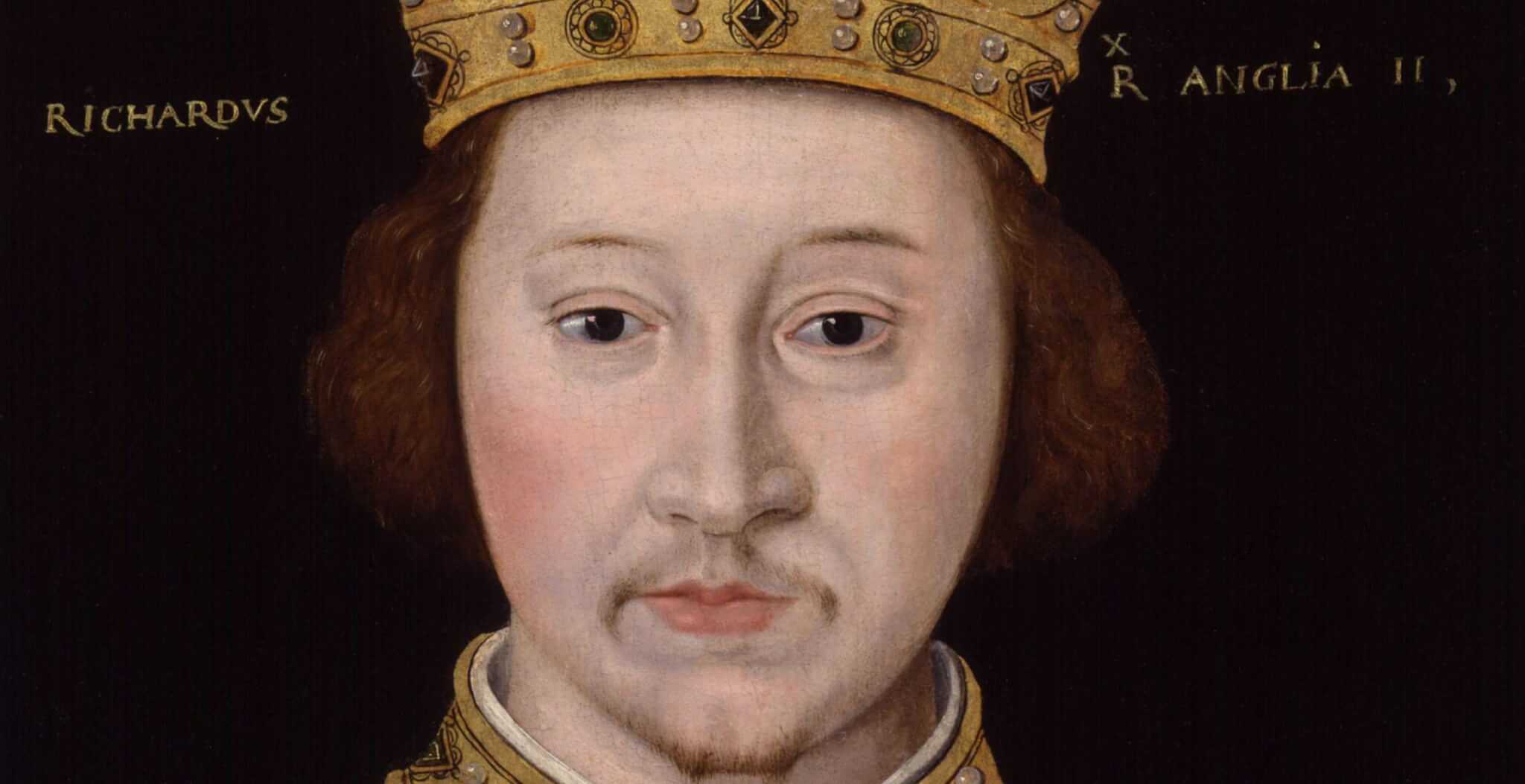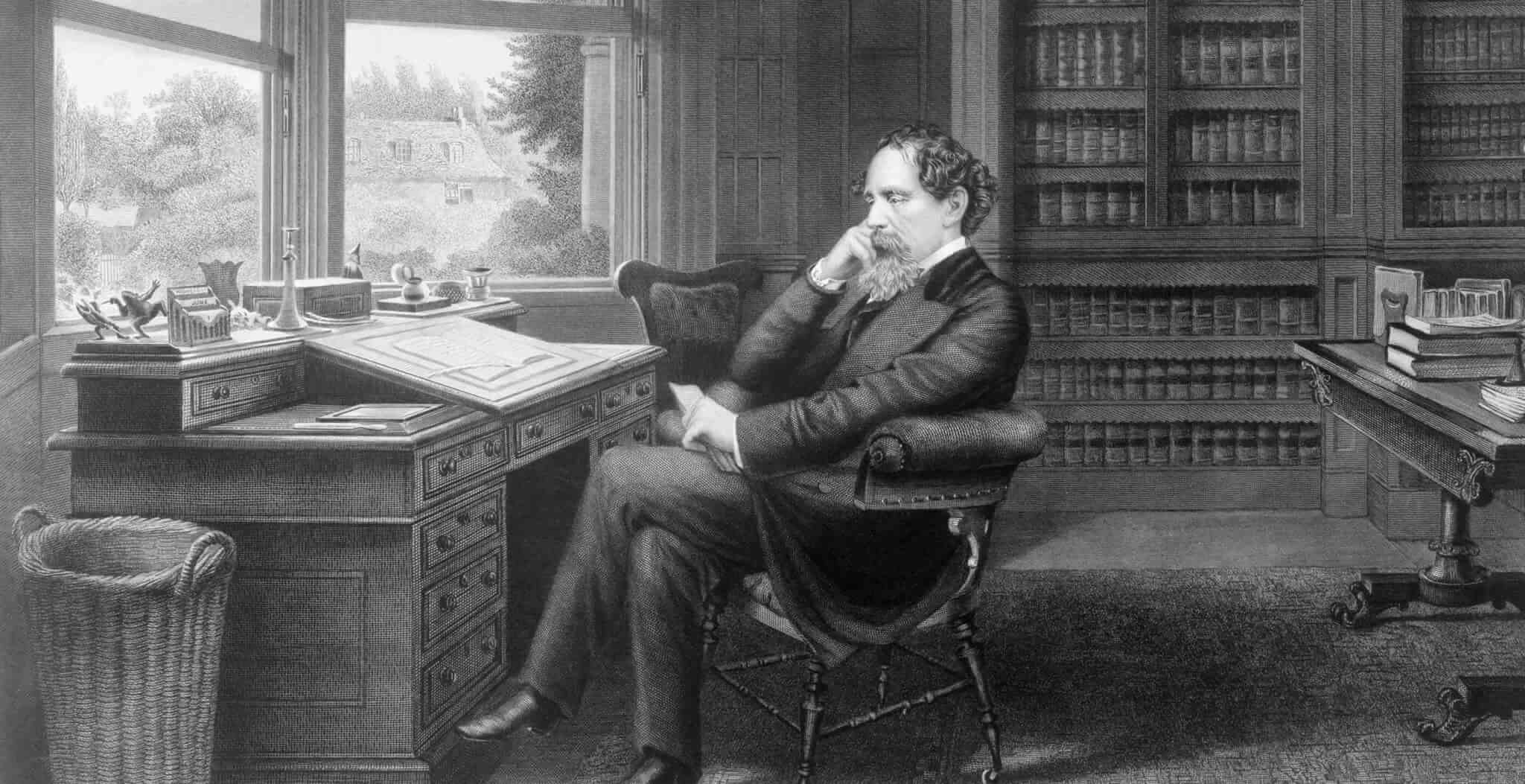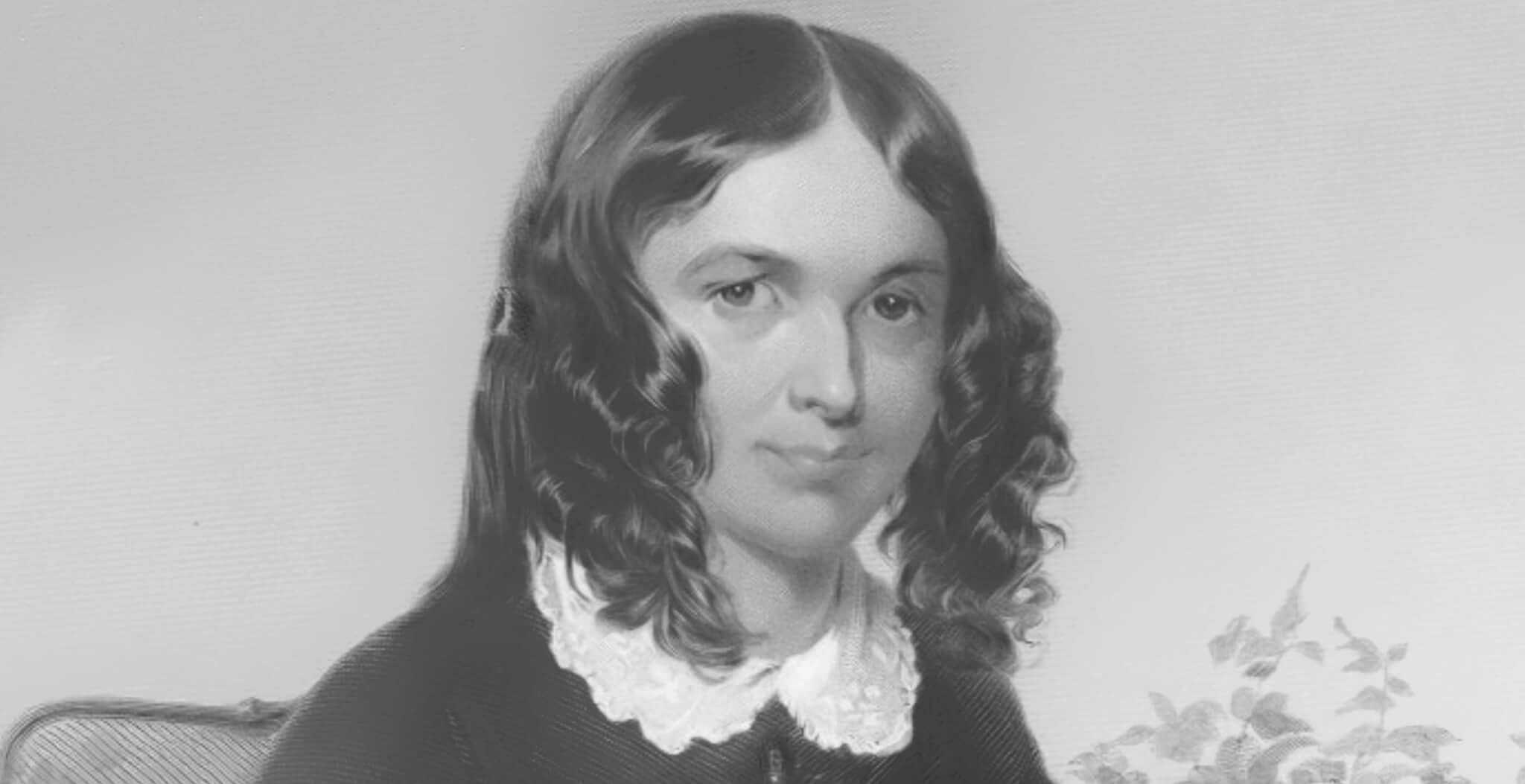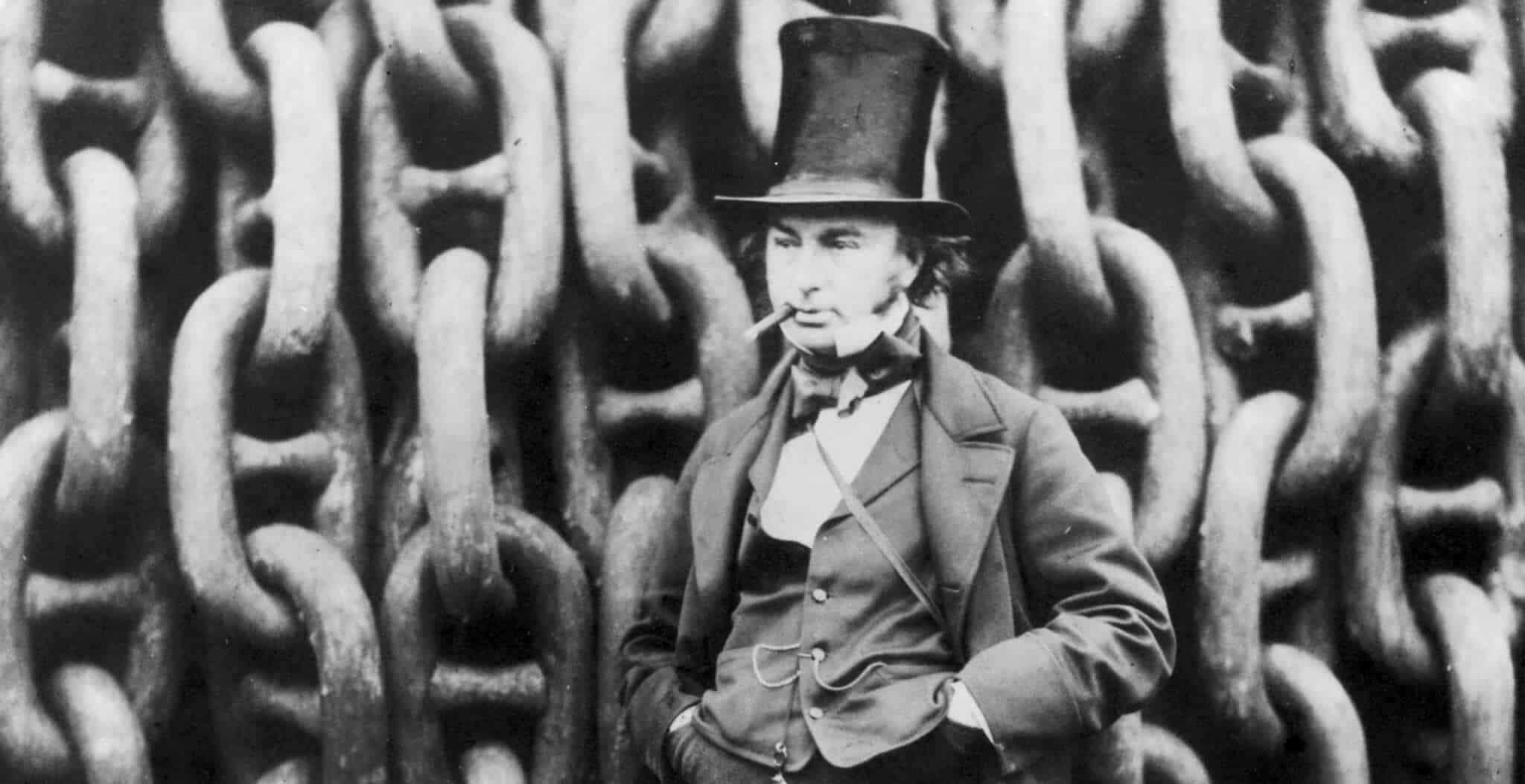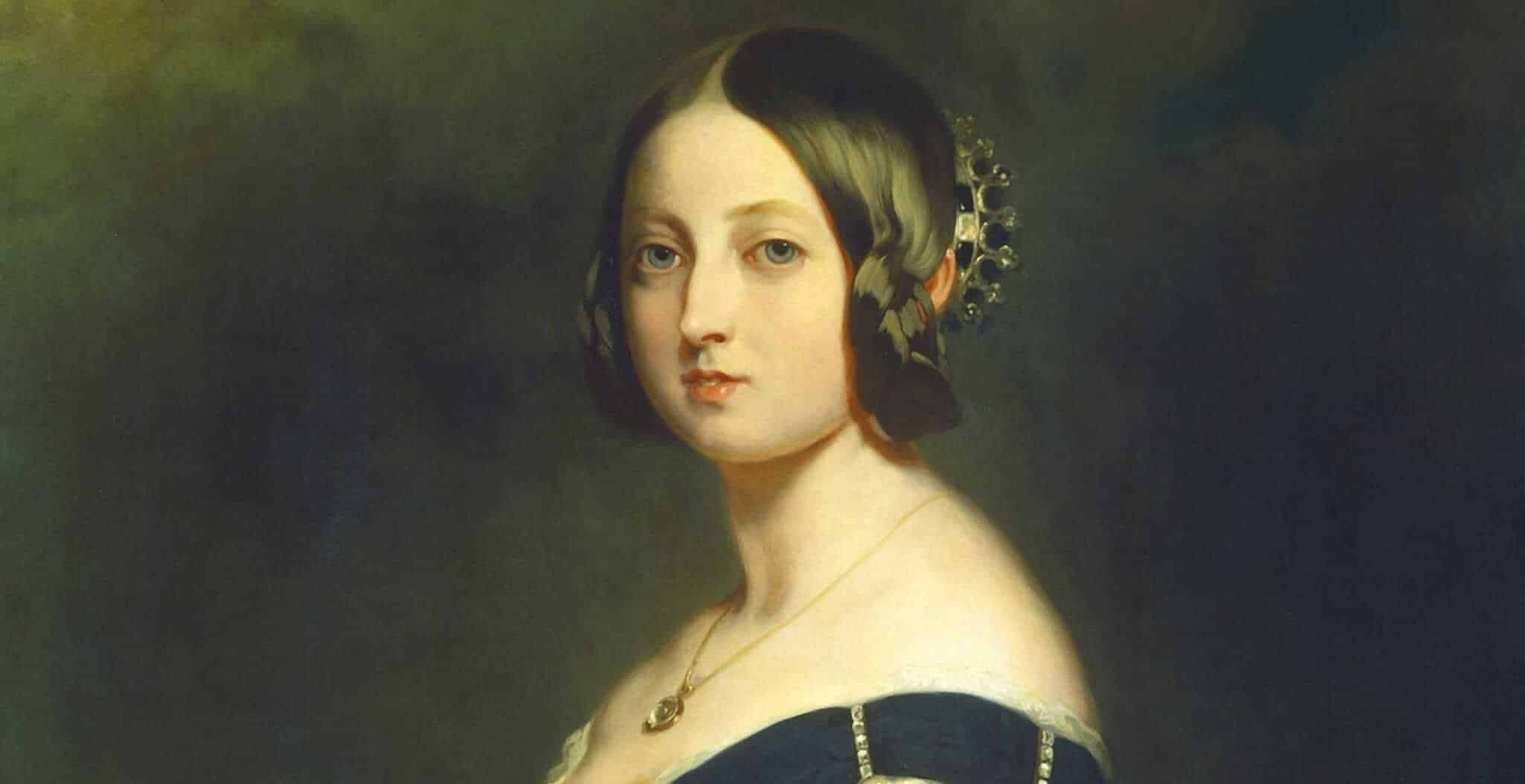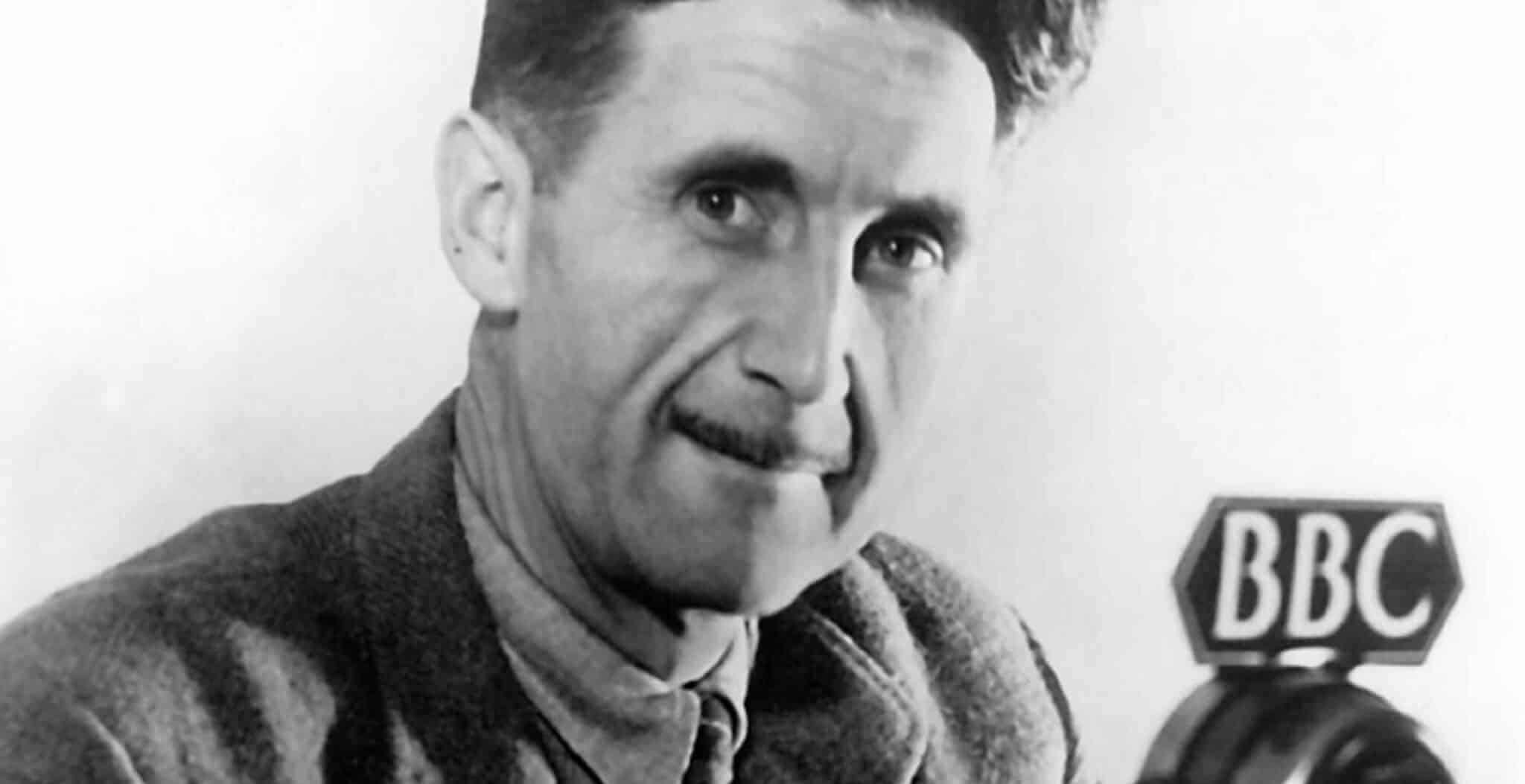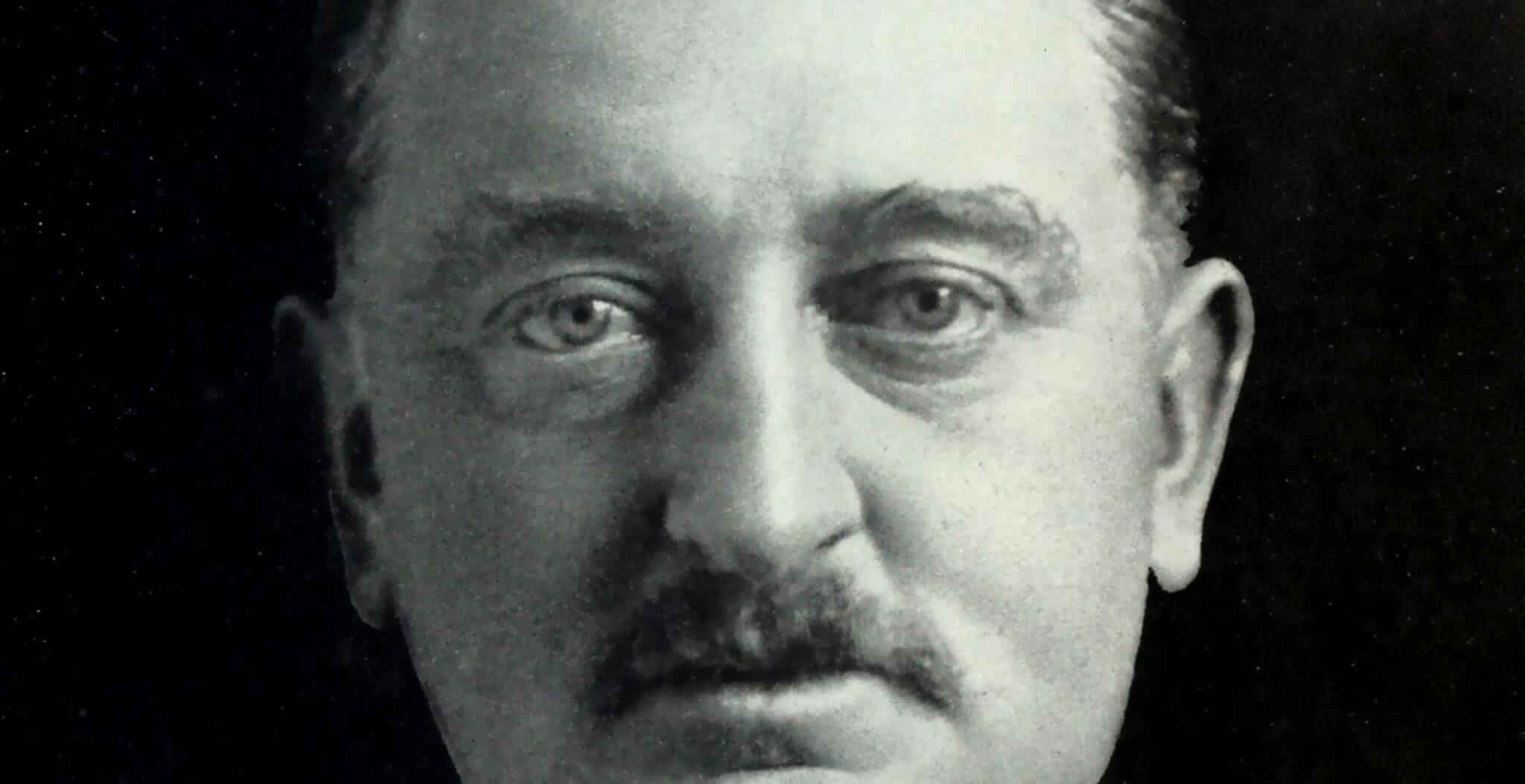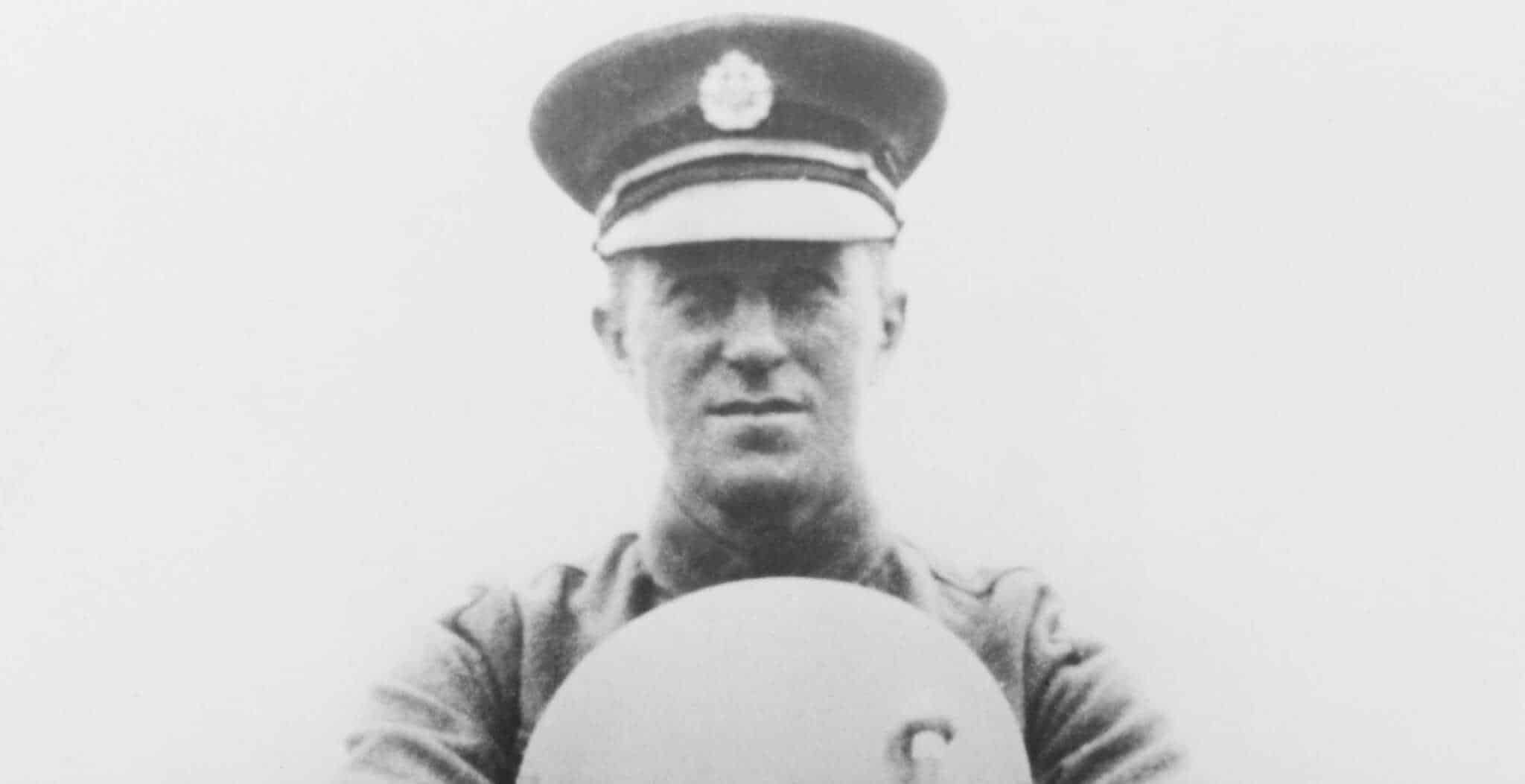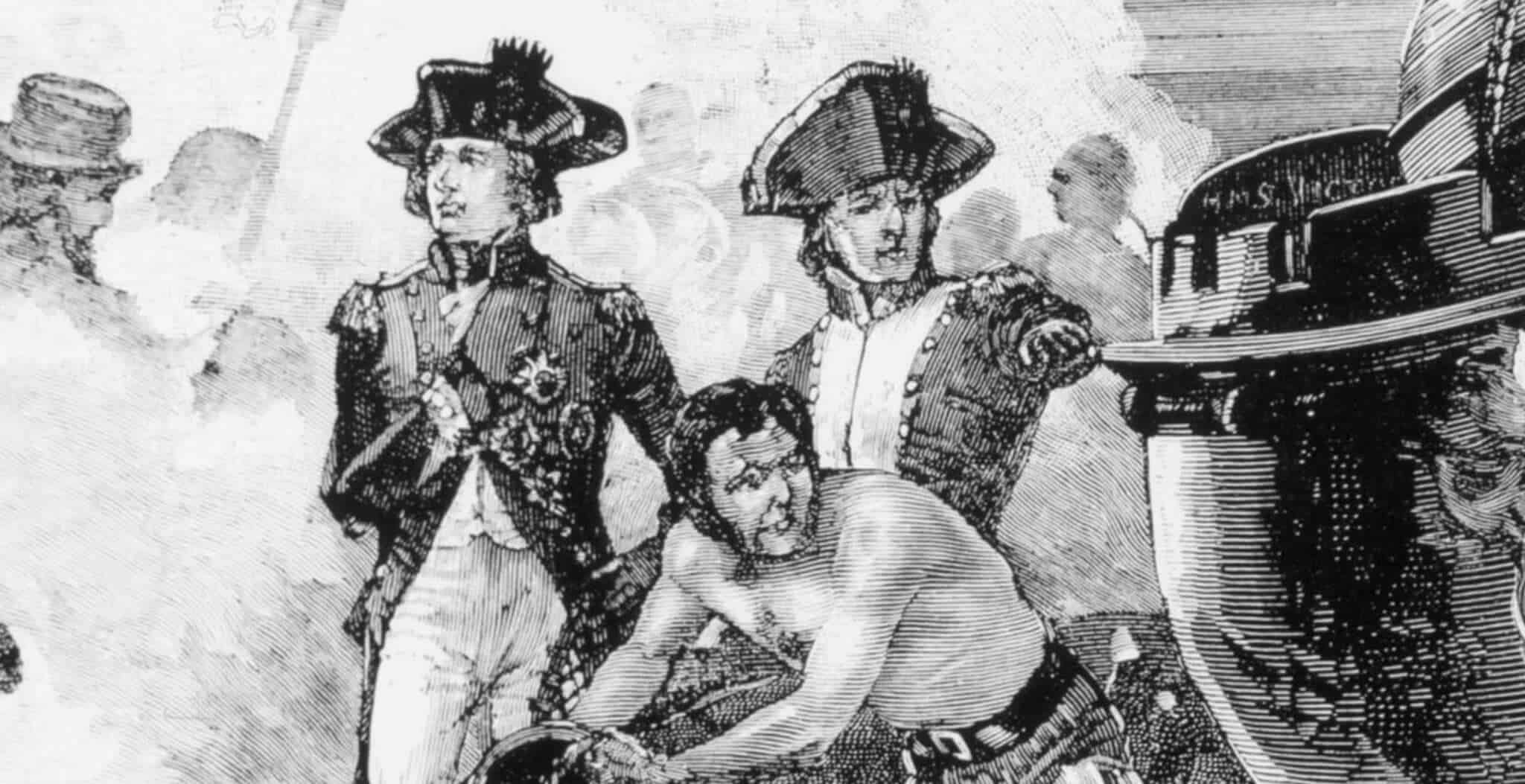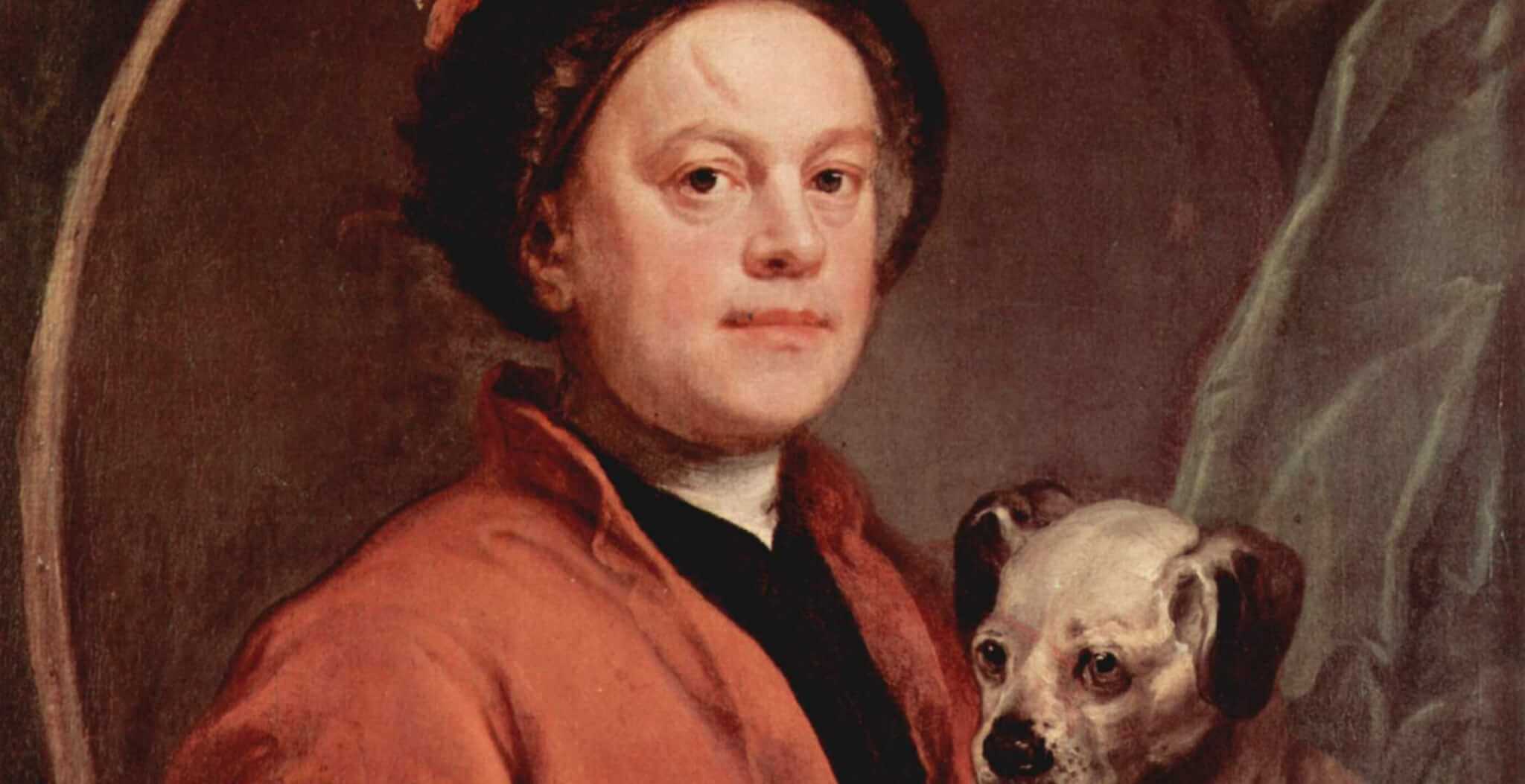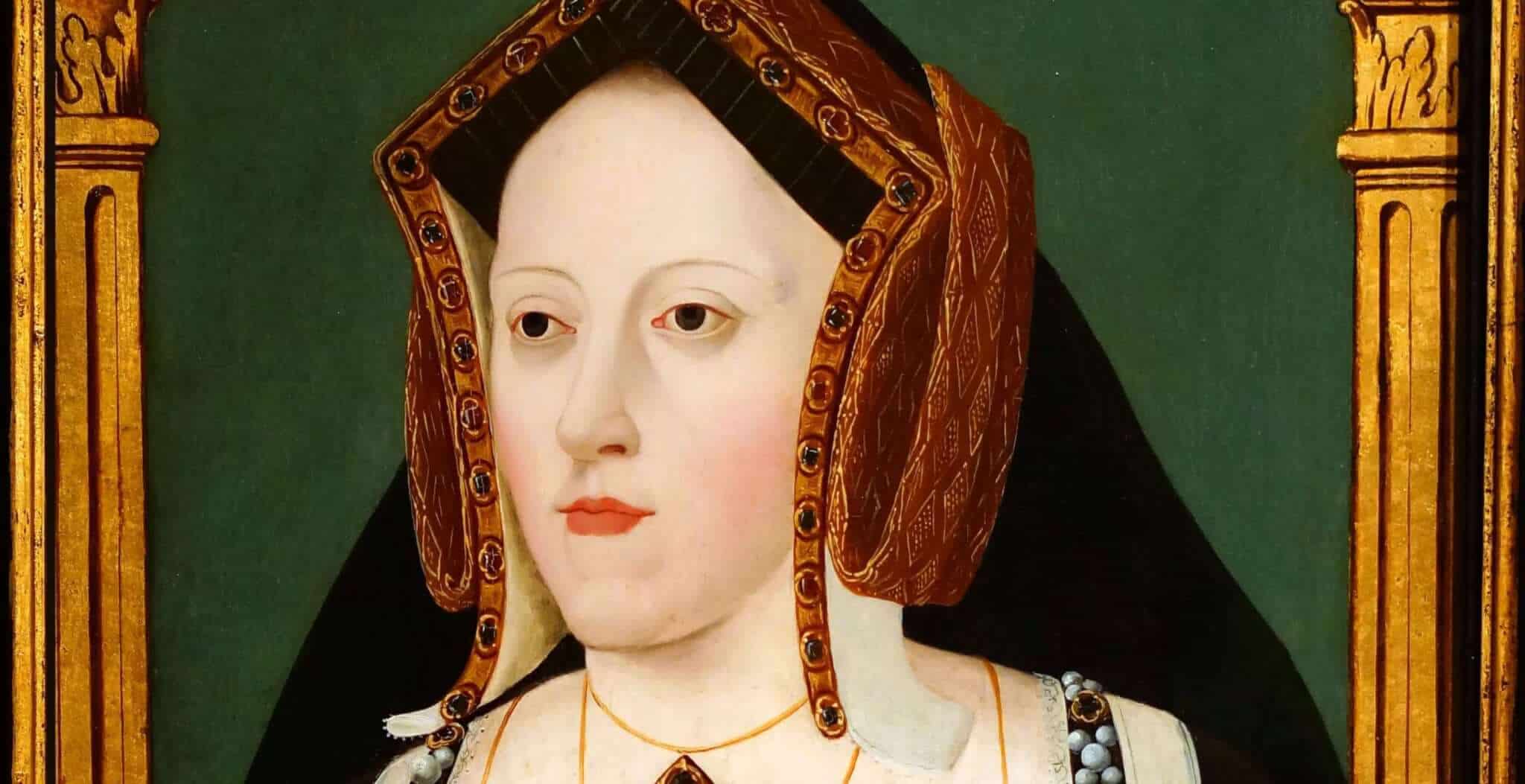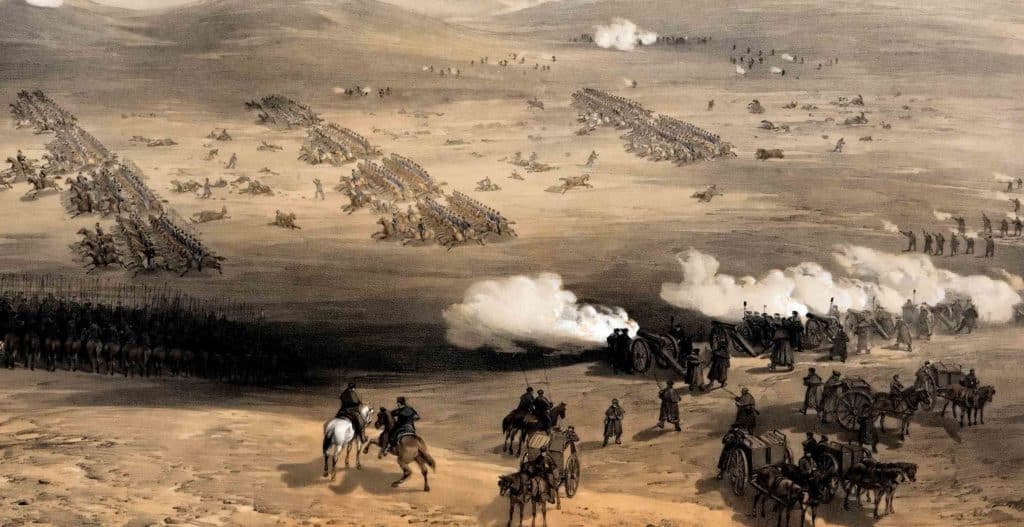Our selection of historic birthdates in October, including Oscar Wilde, King Henry III and Sir Christopher Wren (pictured above).
| 1 Oct. | 1207 | Henry III, became King of England at the age of nine, he inherited a country that had been torn apart by his father’s (John) misrule. | |
| 2 Oct. | 1852 | Sir William Ramsay, Glasgow-born chemist, as Professor of Chemistry at University College, London he discovered a whole bunch of ‘on’s’ including argon, neon, krypton, xenon and radon. | |
| 3 Oct. | 1911 | Michael Hordern, actor of stage, television and film. Playing both classical and modern roles, Jumpers (1972) and Stripwell (1975), he cornered the market as the elderly British eccentric. | |
| 4 Oct. | 1931 | Terence Conran, designer who transformed the look of the modern British home when he founded the Habitat chain of stores in the 1960’s. | |
| 5 Oct. | 1919 | Donald Pleasence, actor of both stage and film, best remembered for his roles as James Bond’s arch-enemy Blofeld in You Only Live Twice and the horror films Halloween. | |
| 6 Oct. | 1732 | Nevil Maskelyne, London-born Astronomer Royal who produced the British Mariner’s Guide and Nautical Almanac thus helping to open up the world to British navigators and explorers. | |
| 7 Oct. | 1573 | William Laud, Archbishop of Canterbury and advisor to Charles I, his high church policies proved so unpopular he was impeached and beheaded on Tower Hill. | |
| 8 Oct. | 1878 | Alfred Munnings, Suffolk-born specialist painter of horses and sporting subjects, not the biggest fan of modern art. | |
| 9 Oct. | 1940 | John Winston Lennon, first found fame as singer and songwriter with the Liverpool pop group the Beatles, later married Yoko Ono and together lived and loved to Give Peace a Chance. | |
| 10 Oct. | 1731 | Henry Cavendish, physicist who discovered the existence of hydrogen, carbon dioxide and the chemical composition of water. He started to play with the theory of electricity as early as 1771. | |
| 11 Oct. | 1821 | Sir George Williams, Somerset-born social reformer who, luckily for the Village People, founded the Young Men’s Christian Association (YMCA) in 1844. | |
| 12 Oct. | 1537 | Edward VI, King of England and Ireland from the age of ten, the long awaited but sickly son of Henry VIII and his third wife Jane Seymour, died at just 14 years from tuberculosis. | |
| 13 Oct. | 1853 | Lillie Langtry, society beauty also know as ‘Jersey Lily’ who was a ‘very close’ friend of Edward VII when he was Prince of Wales. | |
| 14 Oct. | 1644 | William Penn, London-born Quaker leader who founded that now famous American colony of Pennsylvania. | |
| 15 Oct. | 1881 | P G Wodehouse, English author of more than 90 books who created the characters of Bertie Wooster and his famous butler Jeeves. | |
| 16 Oct. | 1854 | Oscar Fingal Wilde, dramatist and author, wild child of a Dublin surgeon and leader of the cult that believed in art for art’s sake. Acknowledged himself as ‘a lover of youth’. | |
| 17 Oct. | 1727 | John Wilkes, radical, his defiance of authority made him a popular figure and darling of the mob, despite his outrageous behaviour he was re-elected to Parliament four times and became a symbol of free speech. | |
| 18 Oct. | 1697 | Canaletto, Italian painter who worked in England between 1746 and 1756, famous for his views of London and his home town of Venice. | |
| 19 Oct. | 1784 | Leigh Hunt, poet and essayist, a friend of Keats and Shelley he was fined and imprisoned in 1813 for libelling the Prince Regent (the future George IV). | |
| 20 Oct. | 1632 | Sir Christopher Wren, architect, who after the Great Fire (1666) prepared the grand plan for rebuilding London, designed St. Paul’s Cathedral and fifty other city churches, hospitals, theatres, etc. | |
| 21 Oct. | 1772 | Samuel Taylor Coleridge, Devon-born poet who claimed that the true end of poetry is to give pleasure “through medium of beauty”, and whose works include The Ancient Mariner and Kubla Khan. | |
| 22 Oct. | 1917 | Joan Fontaine, Oscar winning actress, born in Tokyo to British parents, the younger sister of Olivia de Havilland, her career took off in 1940 when she played the lead in Rebecca, opposite Laurence Olivier | |
| 23 Oct. | 1900 | Douglas Jardine, cricketer who captained England during the controversial ‘bodyline’ tour of Australia, where he employed Harold Larwood to bowl extremely fast at the batsman’s body (the so called ‘leg theory’). | |
| 24 Oct. | 1882 | Dame Sybil Thorndike, Lincolnshire-born Shakespearian actress, also famously remembered for her performance in George Bernard Shaw’s Saint Joan (1924). | |
| 25 Oct. | 1800 | Lord Thomas Babington Macaulay, Liberal MP, historian and essayist who as a member of the Supreme Council of India fought for the abolition of slavery and reformed the education system. | |
| 26 Oct. | 1942 | Bob Hoskins, former steeplejack and fire-eater turned actor of stage and screen, achieved international stardom in Mona Lisa (1986) and Who Framed Roger Rabbit (1988). | |
| 27 Oct. | 1728 | Captain James Cook, Yorkshire-born naval explorer whose voyages in his ship Endeavour led to the discovery and charting of Australia , New Zealand and the Hawaiian Islands. | |
| 28 Oct. | 1794 | Robert Liston, Scottish surgeon who became the first to use a general anaesthetic on a patient in a public operation in London in 1846. | |
| 29 Oct. | 1740 | James Boswell, Edinburgh-born writer, toured the Highlands and Western Isles of Scotland with his close friend and mentor Samuel Johnson. He recorded their trip in his biography, the Life of Johnson (1791). | |
| 30 Oct. | 1751 | Richard Brinsley Sheridan, son of an Irish actor, he moved to England in the 1760’s and gained fame initially as a comedy writer for the theatre. This provided the funds for his career in politics, he was elected MP in 1780. | |
| 31 Oct. | 1828 | Sir Joseph Wilson Swan, Sunderland-born chemist, who in the 1880’s fought with Thomas Edison over the patents to the electric lamp, the two inventors joined forces to form the prosperous Edison and Swan United Electric Light Co. | |
